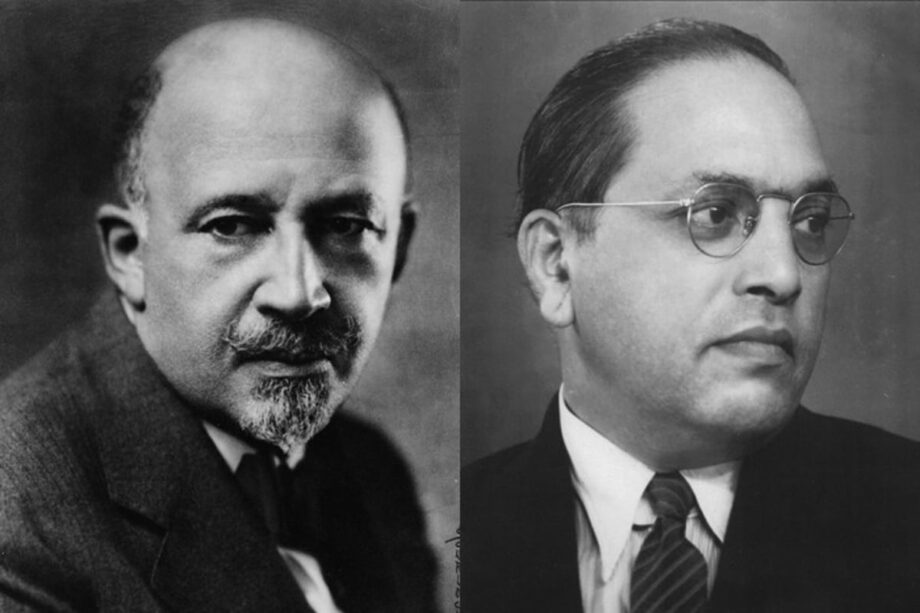Black History Month not only commemorates W.E.B. Du Bois, a prominent black civil rights advocate but also recognizes his connection to the Dalit movement in India through his correspondence with Ambedkar.
W.E.B. Du Bois, born as William Edward Burghardt Du Bois, was a respected African-American figure known for his contributions as a sociologist, historian, civil rights activist, and writer. He was born on February 23, 1868, in Great Barrington, Massachusetts, USA, and passed away on August 27, 1963, in Accra, Ghana.
Du Bois held a significant role in the 20th-century civil rights movement in the United States and was the first African American to receive a doctorate from Harvard University, specializing in history, sociology, and economics.
Throughout his life, Du Bois was a staunch advocate for racial equality, civil rights, and social justice. He co-established the National Association for the Advancement of Colored People (NAACP) in 1909 and served as the editor of its publication, The Crisis. Additionally, he was instrumental in the Niagara Movement, a precursor to the NAACP, which championed civil rights and equal treatment for African Americans.
Du Bois’s renowned body of work encompassed various themes such as the social and economic status of African Americans, the history of the African diaspora, and the interconnectedness of race, class, and gender. His notable publication, “The Souls of Black Folk,” initially released in 1903, introduced the concept of “double consciousness” depicting the challenges faced by African Americans in a racially biased society.
In his later years, Du Bois actively promoted Pan-Africanism, advocating for the solidarity and freedom of people of African descent globally. He eventually relocated to Ghana and acquired citizenship in this newly independent African nation upon his passing in 1963.
The legacy of Du Bois, his impactful civil rights activism, and intellectual contributions to the African-American community remain revered and commemorated in contemporary times.




